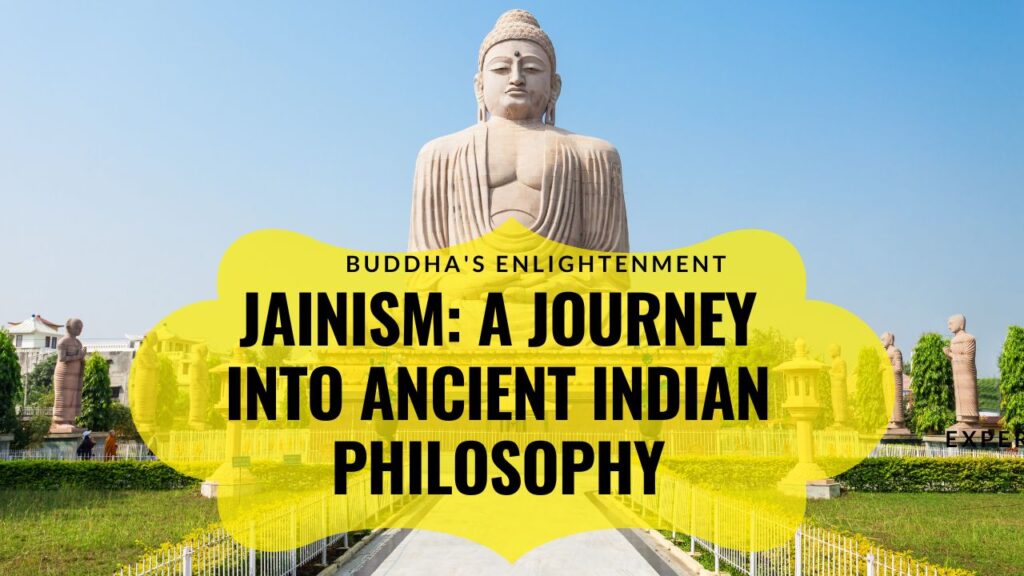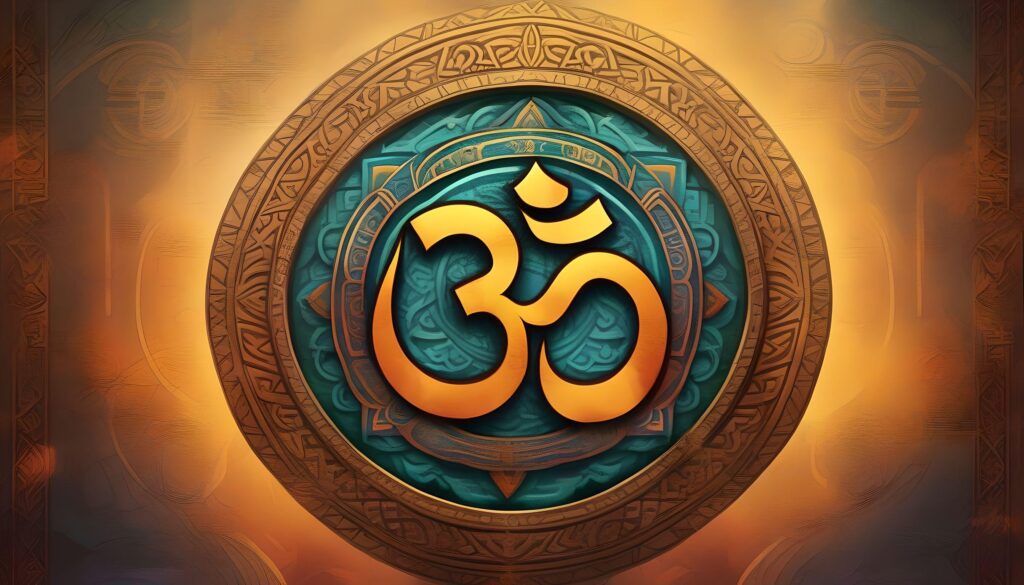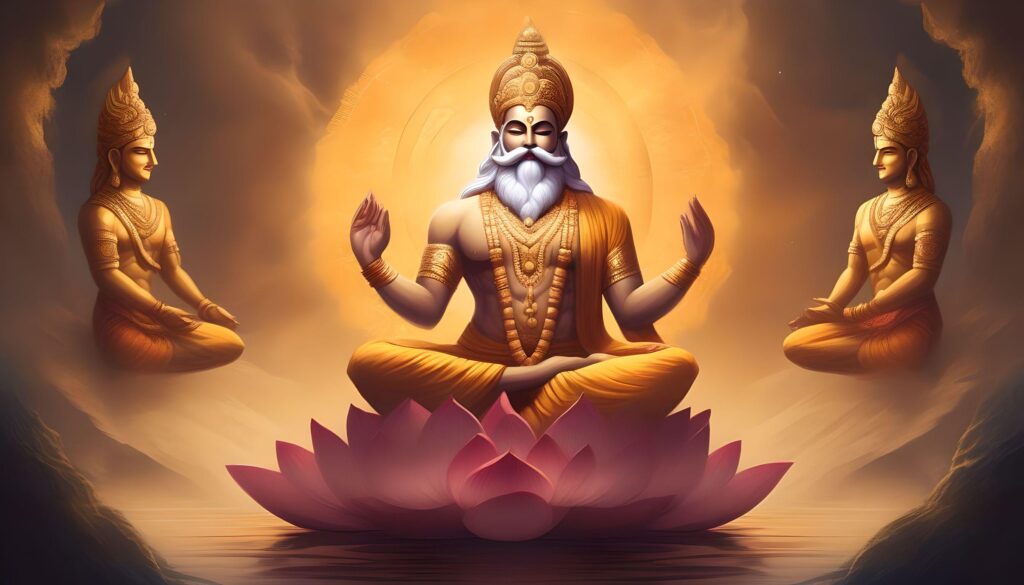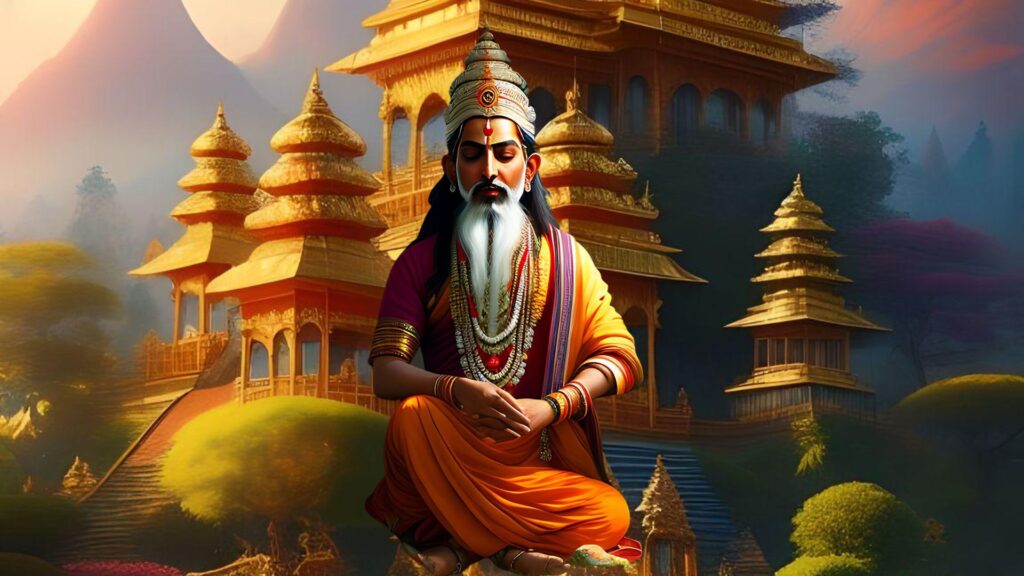Jainism: A Journey into Ancient Indian Philosophy
Introduction
Jainism, an ancient religious tradition in India, can be traced back to the sixth to fifth centuries BCE. While the precise origins of Jainism remain elusive, its teachings continue to exert a significant influence on individuals worldwide and have had a profound effect on Indian society. This article aims to provide an in-depth exploration of Jain philosophy, encompassing its metaphysical tenets, epistemological framework, ethical considerations, and additional aspects. Please join us as we explore the profound insights and illustrious history of Jainism.
The Foundational Beliefs of Jainism
Like numerous other religious traditions in India, Jainism abstains from accepting the concept of a creator deity. Conversely, the Jains hold in high regard flawless ascetics referred to as “Jinas” or “Tirthankaras,” who serve as exemplars for their adherents. The 24th Jina, Mahavira, is regarded as one of the most significant individuals in Jainism. Although lacking historical significance, the Jinas’ existence serves to underscore the importance attributed to lineage within Jainism. Rather than being regarded as a progenitor, Mahavira is considered a reformer who expanded upon the teachings of his predecessors.
The universe is eternal, and both matter and spirits are uncreated, according to Jain cosmology. Similar to mortals, the universe is inhabited by gods and other superhuman entities who are reborn on a cyclical basis. Comprised of intentions and deeds, karma is a material substance that attracts souls back into bodies beyond mortality. Jain ethics espouse the principle of karma purge and prohibition of its accumulation as a means to attain liberation from the cycle of rebirth.
The Metaphysical Framework of Jainism
Souls, matter, motion, rest, space, and time are the six fundamental components of reality that Jain metaphysics postulates exist. Although space is infinite, anything can only be contained within a finite region that is permeated by the principle of motion (dharma). The physical realm is contained within this restricted domain. Jainism espouses dualism, positing that spirits and matter are separate and distinct entities. Nevertheless, this perspective is frequently characterized as atheistic due to its rejection of the notion of a supreme deity. Similar to mortals, gods and other superhuman entities are influenced by karma and the cycle of rebirth.
Exploring Jain Epistemology and Logic
The concept that reality is multifaceted and cannot be entirely represented by a single perspective is embraced by Jain epistemology. The Jain principle of “anekanta” underscores the inherent inability of any singular viewpoint to fully grasp the entirety of reality. Jain intellectuals acknowledge a variety of knowledge sources, such as valid testimony, extrasensory perception, telepathy, sense perception, and the state of omniscience referred to as “kevala.” In contrast to alternative schools of Indian thought, Jain epistemology does not overtly designate inference as an independent category; rather, it is an implicit component of other knowledge sources.
The jain school of thought recognizes the fallibility of knowledge as a result of the complexity inherent in reality. According to the “naya” or partial predication doctrine, the veracity of a judgment is contingent solely on the judge’s viewpoint or perspective. A sevenfold classification of predictions results from this recognition of the complexity of reality; each classification is characterized by the acknowledgment of uncertainty. This logical approach aims to encompass the complex and diverse aspects of reality while promoting intellectual modesty.
Ethical Principles in Jainism
The objective of Jainism’s moral principles is the emancipation of the soul from the perpetual cycle of rebirths. Jain ethics places significant emphasis on the eradication of accrued karma and the prevention of its accumulation in the future. The cardinal norms of Jainism, which adhere to more stringent principles than those of lay adherents, are detachment, chastity, truthfulness, non-violence, and non-theft. The tenet of non-violence is also applied to the Jain practice of vegetarianism, given the belief that all living things have souls and are therefore capable of suffering or benefiting.
As sources of karma, attachment to worldly objects, sensual pleasure, passions, and ignorance are considered. In Jainism, the moral life entails severing ties with the material world and making an effort to attain asceticism. Although the self-evident nature of Jain ethical principles may be apparent due to their emphasis on individual liberation, they are founded upon the notion that moral conduct is duly rewarded by the universe’s structure, which is regulated by the law of karma.
The Influence and Diversity of Jainism
Jainism has exerted a substantial influence on Indian society over the course of its existence. Jains have made significant contributions to numerous disciplines, including philosophy, literature, mathematics, and the arts, despite being a minority religion. Jain temples, renowned for their exquisite architecture, are dispersed throughout India. Prominent pilgrimage destinations include Shatrunjaya Hill and Shravanabelagola.
Diverse factions and divisions exist within Jainism, predicated on variations in practices rather than doctrinal values. The Digambaras, who wear nothing but white clothing, and the Svetambaras, who don white attire, are the two main sects. The Digambaras maintain that women must first be reborn as males, in contrast to the Svetambaras’ conviction that women are capable of attaining liberation. Notwithstanding these divisions, all Jains adhere to the fundamental tenets of karma and nonviolence.
Conclusion
A unique viewpoint on life, ethics, and the essence of reality is presented by Jainism. Uncountable individuals have been profoundly influenced by its historical impact on nonviolence, asceticism, and the quest for liberation from rebirth. The ethical, epistemological, and metaphysical tenets of Jainism collectively offer an intricate structure for comprehending the intricacies of being. An examination of the doctrines and principles of Jainism provides us with a deeper understanding of one of India’s most ancient and influential religious traditions.








